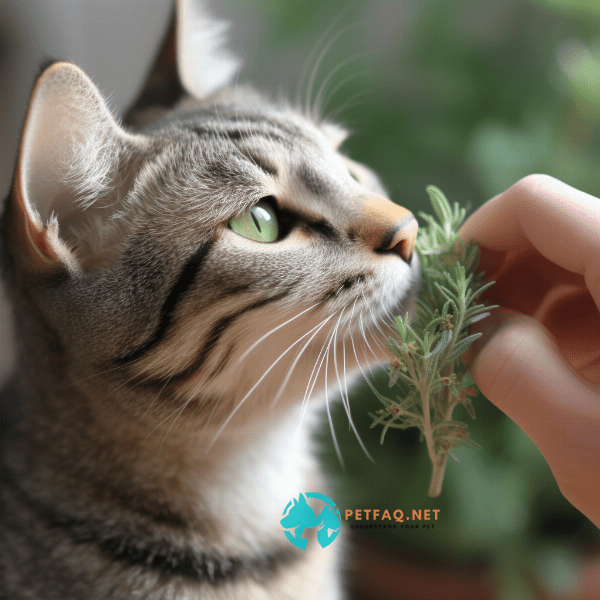Effects of catnip on cats have been known for centuries, but the actual science behind it has only been recently discovered. Catnip is a herb from the mint family and has a unique compound called nepetalactone. This compound interacts with the cat’s olfactory system and triggers a reaction that can result in a range of behavioral and mood changes.
When a cat sniffs or chews on catnip, the nepetalactone is released, and it travels through the nasal cavity to the olfactory bulb. This part of the brain is responsible for processing scent information, and when the nepetalactone reaches it, it binds to the receptors in the olfactory epithelium, which then sends a signal to the brain’s amygdala, which is involved in emotional regulation.
One of the most common effects of catnip on cats is the state of euphoria or heightened excitement. The cat might become more playful, active, and energetic, displaying an overall happier mood. The cat might roll on the ground, rub its face against the catnip source, and even drool or meow excessively. This behavior usually lasts around 5 to 15 minutes and can be repeated if the cat encounters fresh catnip.
However, not all cats react to catnip. Studies have shown that approximately 50 to 70% of cats have a genetic predisposition to be attracted to catnip. Young cats and kittens are less likely to be affected by catnip, and older cats might not be affected at all.
Moreover, catnip can also have a calming effect on some cats. In this case, the cat might become more relaxed and mellow, displaying a sense of contentment and peace. This effect usually occurs when the cat has been exposed to catnip for a more extended period, and the euphoric effects have worn off.
It’s important to note that catnip should not be given to cats in excessive amounts. Too much catnip can cause vomiting, diarrhea, and even depression. It’s recommended to give cats a small amount of catnip, no more than once a week, to prevent overstimulation.
In conclusion, the effects of catnip on cats can vary from increased excitement and playfulness to relaxation and contentment. The nepetalactone compound in catnip interacts with a cat’s olfactory system, triggering a reaction that can result in these mood and behavioral changes. However, not all cats are affected by catnip, and it should be given in moderation to prevent adverse effects.
Read more:Catnip Effects on Cats: What to Expect

Related Questions
- Can timid behavior in cats be a sign of an underlying medical condition?
- How is catnip plant used in traditional and alternative medicine?
- Are certain cat breeds more prone to timid behavior than others?
- What are the different methods of cat dental tartar removal?
- How long do the effects of catnip bubbles last?
